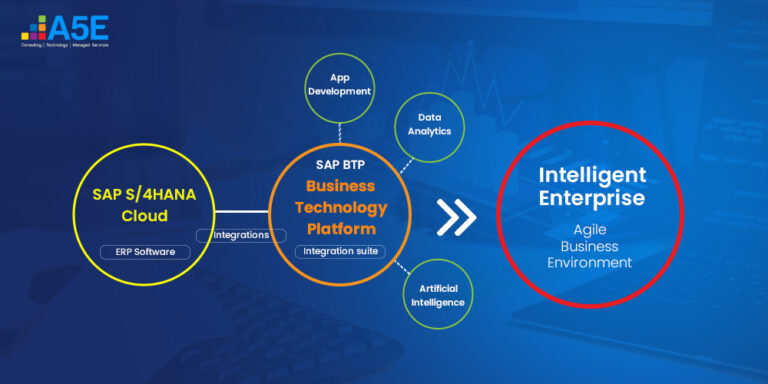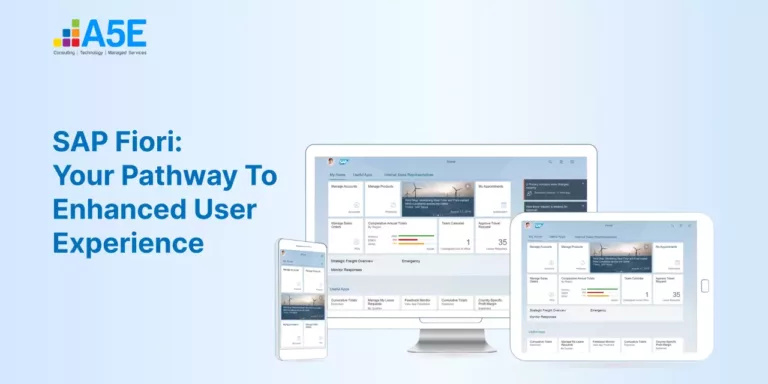Modern businesses increasingly rely on technology to drive growth, enhance efficiency, and foster innovation. A study shows that companies with...
Read More
Blogs
SAP Business Technology Platform: What is SAP BTP?
February 9, 2024
SAP BTP Capabilities As the market evolves, companies face increasing demands to differentiate themselves. Traditional processes and off-the-shelf software can...
Read More
What is SAP Fiori & Benefits of SAP Fiori
December 15, 2023
The sales team today looks nothing like what classic movies like Glengarry Glen Ross have portrayed to us. Large teams...
Read More
Multi Cloud Strategy: Multi Cloud Advantages
November 24, 2023
What Exactly is MultiCloud? A multi-cloud strategy is the deliberate use of cloud services from multiple cloud providers to achieve...
Read More
SAP S/4 HANA Migration Driving Digital Transformation
September 8, 2023
As a trusted SAP consulting company, we understand the importance of SAP ECC to S/4 HANA migration for modernizing business processes and staying...
Read More
RISE With SAP versus S/4HANA: Key Points Of Difference
August 23, 2023
In today's competitive business environment, it is more important than ever for businesses to have a strong ERP solution in...
Read More
SAP S/4 HANA Private Cloud vs SAP S/4 HANA Public Cloud
August 9, 2023
In the rapidly evolving landscape of SAP cloud computing, choosing the right platform to drive the foundation of your business...
Read More
RISE with SAP: Future of SAP Business Transformation As A Service
July 20, 2023
SAP solutions launched a new service called RISE with SAP. This service helps businesses transform by changing their functionality, improving...
Read More
Accelerating Digital Transformation with SAP S/4 Hana Harnessing the Potential for Success
July 12, 2023
In the rapidly changing world of business and technology, SAP digital transformation has become essential for organizations that want to...
Read More










